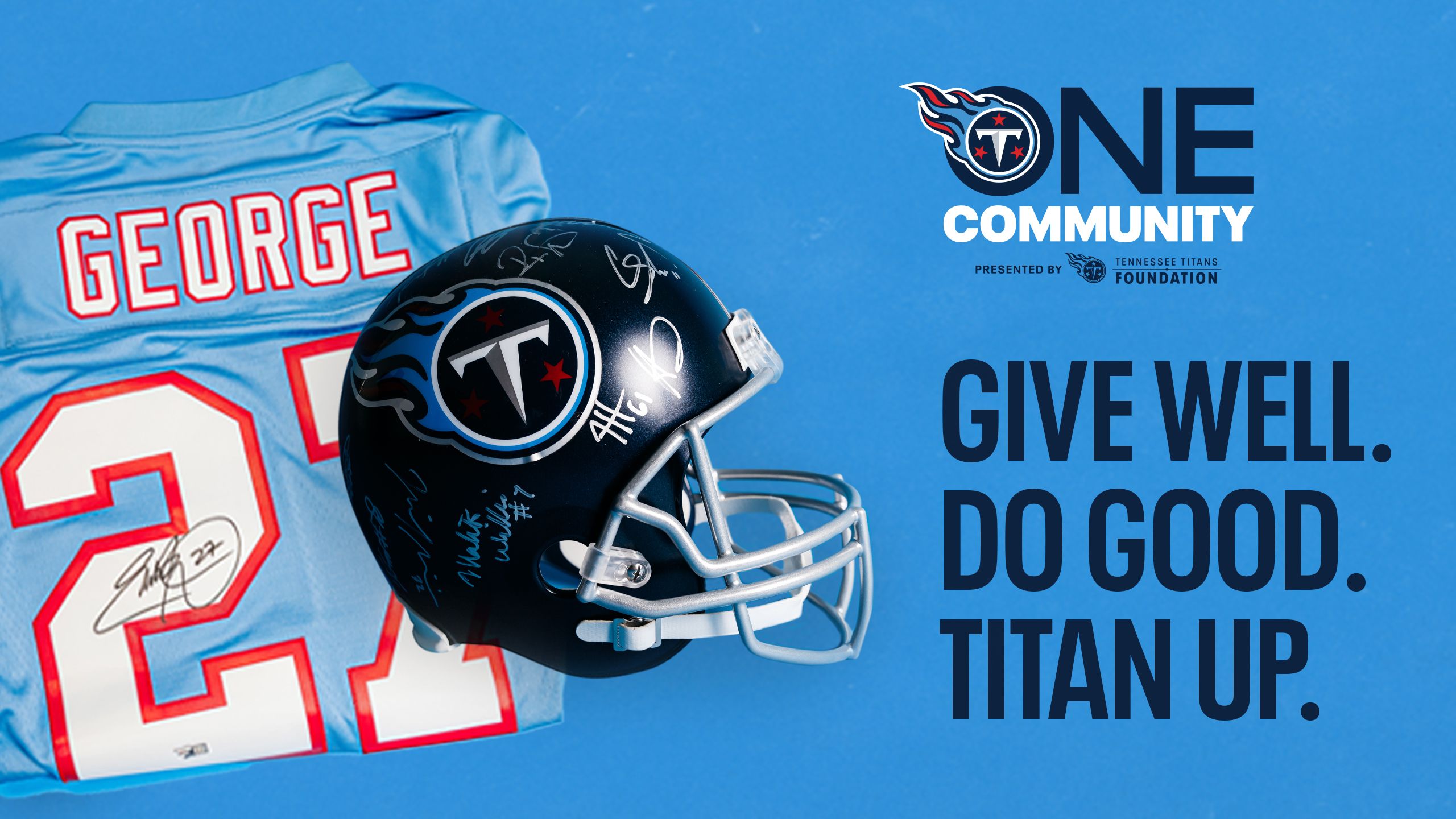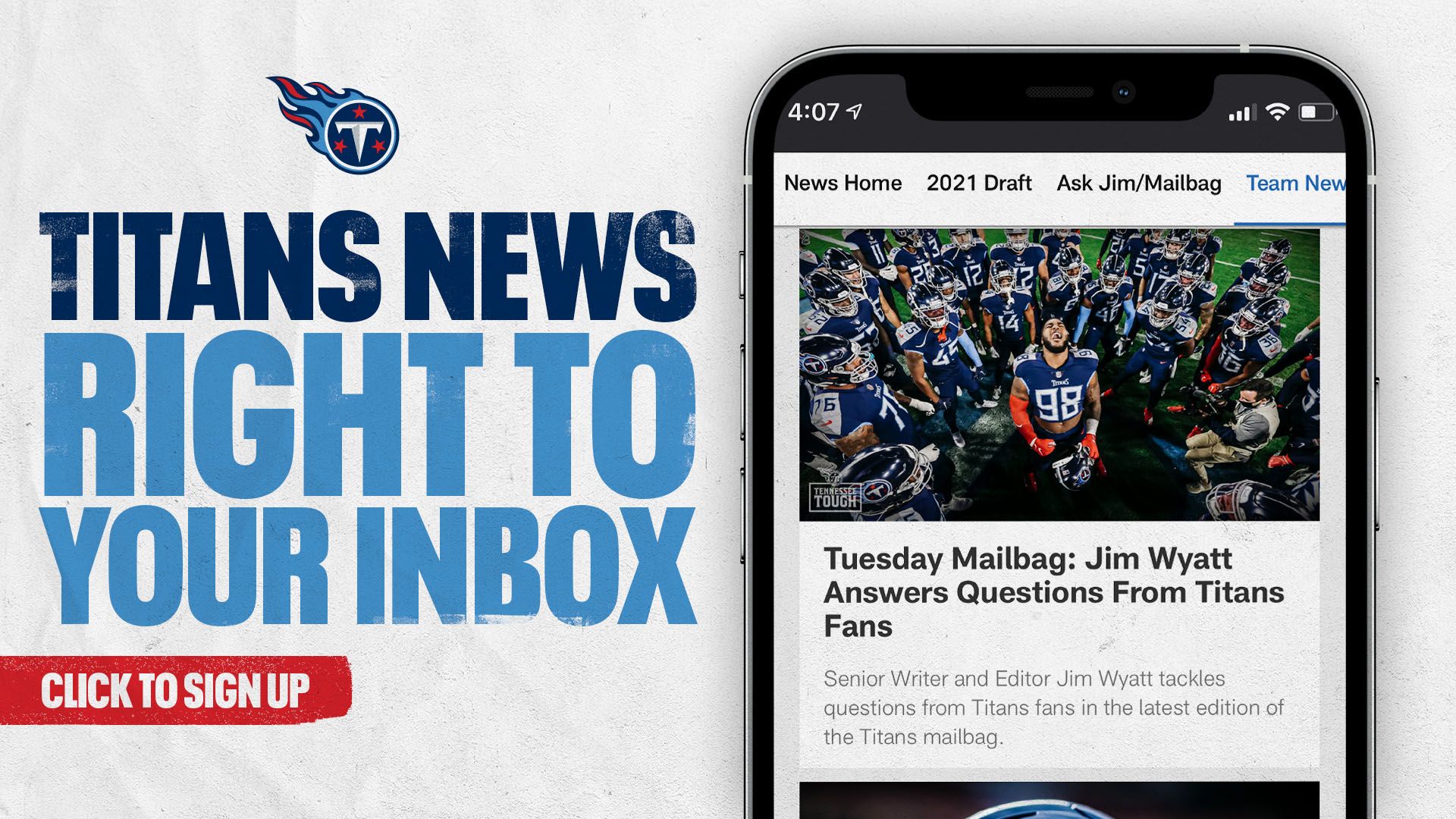NASHVILLE, Tenn. (AP) — Titans owner Bud Adams, who helped found the American Football League and whose battles for players helped lead to the merger with the NFL, has died. He was 90.
The team announced Monday that Adams had died, saying he "passed away peacefully from natural causes."
The son of a prominent oil executive, Adams built his own energy fortune and founded the Houston Oilers. He moved the team to Tennessee in 1997 when he couldn't get the new stadium he wanted in Houston. The franchise, renamed the Titans in 1999, reached the Super Bowl that Adams had spent more than three decades pursuing.
Coach Mike Munchak said Adams was willing to spend money to help his team win, remembering how he ordered the Titans to chase free agent Peyton Manning in March 2012. The Titans also spent more than $100 million this offseason on players, and Munchak said their challenge now will be winning the Super Bowl in his memory — the one item missing from Adams' legacy.
"That'll be our challenge going forward," Munchak said.
Funeral plans have yet to be announced. Munchak said the Titans will decide later how to remember their founder.
Adams' 409 wins were the most of any current NFL owner. He notched his 400th career win in the 2011 season finale when his Titans defeated the team that replaced his Oilers in Houston, the Texans. His franchise made 21 playoff appearances in 53 seasons, eighth among NFL teams since 1960.
"I consider Bud one of the founders of the game of professional football because of his role in helping to create the American Football League," Dallas owner Jerry Jones said in a statement.
NFL Commissioner Roger Goodell called Adams a pioneer and innovator.
"As a founding owner of the American Football League that began play in 1960, Bud saw the potential of pro football and brought the game to new cities and new heights of popularity, first in Houston and then in Nashville," Goodell said in a statement.
Kenneth Stanley Adams Jr. was born in Bartlesville, Okla., to the future chief executive of Phillips Petroleum Co., K.S. "Boots" Adams.
Adams joined Dallas oilman Lamar Hunt on Aug. 3, 1959, when they announced the AFL would begin competing with the NFL at a news conference in Adams' office. Adams founded one of the new league's charter franchises.
The NFL retaliated by placing the Cowboys in Dallas and tried to get into Houston, but Adams held the lease to the one available stadium.
"I wanted to be the only pro team," Adams said in a 2002 interview with The Associated Press.
He won a major battle with the NFL in June 1960, shortly before the AFL's debut, when a judge ruled Louisiana State Heisman Trophy winner Billy Cannon — who signed with the Oilers underneath the goalposts after the Sugar Bowl that year — was their property despite having later signed with the NFL's Los Angeles Rams.
"It was a big step for us," Adams said.
The Oilers won the first two AFL titles and reached the championship game four times during the 1960s. In 1968, the Oilers became the first indoor football team when they moved into the 3-year-old Astrodome.
Meanwhile, Adams quietly became one of the nation's wealthiest oilmen as his ADA Oil Co. evolved into the publicly traded Adams Resources & Energy Inc., a Fortune 500 company based in Houston. His business interests included farming and ranching in Texas and California, cattle feeding, real estate and automobile sales.
He also was a major collector of western art and Indian artifacts and maintained a private gallery at his corporate headquarters.
"He was very passionate about his football team," Rams coach Jeff Fisher said of his former boss on 104.5 The Zone WGFX-FM.
Adams convinced Tampa Bay owner Hugh Culverhouse to trade him the rights to Heisman Trophy-winning running back Earl Campbell in 1978.
The Campbell-led teams reached two straight AFC title games, only to lose to eventual Super Bowl winner Pittsburgh each time. The Oilers flamed out of the playoffs early in 1980 and Adams fired popular coach Bum Phillips, a move that permanently alienated him from many fans of the team's "Luv Ya Blue" era. Phillips died Friday, also at the age of 90.
Adams complained about the Astrodome in 1987 and toured the Gator Bowl in Jacksonville scouting a possible move before getting the 10,000 extra seats he wanted in Houston.
The Oilers had their longest run of success in the late 1980s and early 1990s after signing Warren Moon in 1984. They became best known for blowing a record 32-point lead in a playoff game at Buffalo on Jan. 3, 1993 — Adams' 70th birthday.
Adams began railing about the aging Astrodome shortly afterward. When he moved his team, Adams continued to live and work in Houston.
Renamed the Titans, his franchise reached its lone Super Bowl after the 1999 season only to lose to the Rams 23-16 when Kevin Dyson was tackled at the St. Louis 1-yard line as time expired. The Titans made a second AFC championship game after the 2002 season as part of six playoff berths, the last in 2008.
His wife Nancy died in 2009. He is survived by daughters Susie Smith and Amy Strunk, and seven grandchildren. Another son, Kenneth Stanley Adams III, died in 1987 at age 29.


















